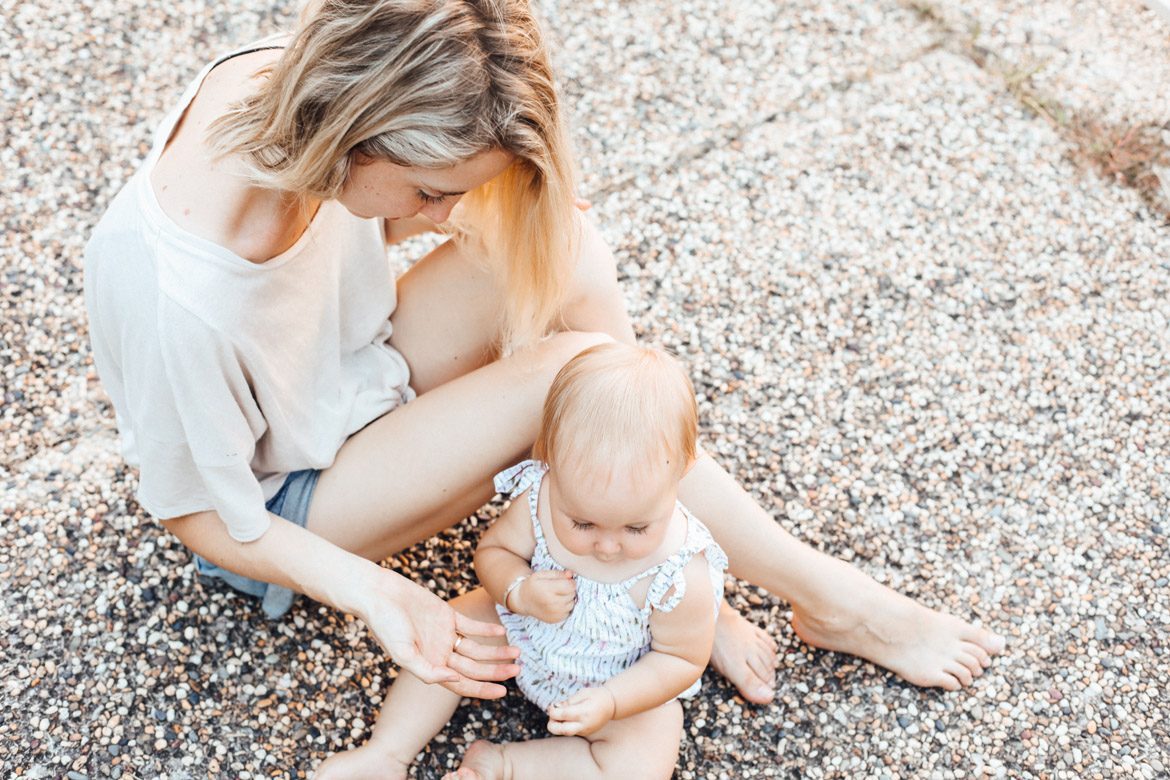By Pennie Brownlee
How embarrassing
Have you ever taken your baby to baby group and your baby has been very active, taking toys from the other children? All you want to do is leave hurriedly, or give them a crash course in sharing. If you and the other adults present don’t understand that learning to share can take between two to three years it can be really embarrassing.
Me and mine
When a baby is born she does not know that she is separate from mum. It will take her the whole first year to work out that she is a separate person. Only then is she ready to learn that she is a me, and an I. Once she gets that idea firmly under her belt, she is in a position to start exploring mine. A baby who hasn’t worked out me and mine certainly can’t manage the concept of sharing. Sharing requires that she advances from me and mine to become aware of you and yours. Only when she is aware of me, mine, you and yours can she see that you might like hers. The bad news is that this is probably going to take at least two years.
When a baby is born she does not know that she is separate from mum. It will take her the whole first year to work out that she is a separate person.
Bullies and victims
In the meantime, how do you manage the baby group gatherings in a way that doesn’t set children up in the roles of bullies and victims? When an infant takes a toy from another it is not done with malice. Picking up a toy that looks interesting to you from the floor, or taking it from a hand; what’s the difference if you haven’t worked out yours and mine?
Dealing with upset
Well, for starters the carpet doesn’t get upset that you have taken the toy, so lets deal with the child who has lost the toy first. Observe the child and if he is not upset there is no reason for you to be upset either. If you are upset, then listen to the stories you are telling yourself about the child. You can be almost 100 per cent sure what is happening between the children does not match your story. The child is exploring her world, she is not being mean.
Words to shame or soothe?
If the child is upset, you need to acknowledge his feelings because he will be awash with emotion, and you can help him make sense of that. In a calm and centred way, comment on what has happened, without any judgement. So you won’t say – “Oh you poor thing, Catherine was very naughty taking that from you wasn’t she?”, but calmly comment “I can see you are upset. Really upset.”
That way Catherine is not cast into the role of the naughty bully, and just as important, the other child doesn’t get scripted into the role of victim. These roles can stick if you aren’t careful and you wouldn’t want that. It is a terrible start for a child when the adults give them destructive self-images which they will internalise subconsciously.
See more on next page…











